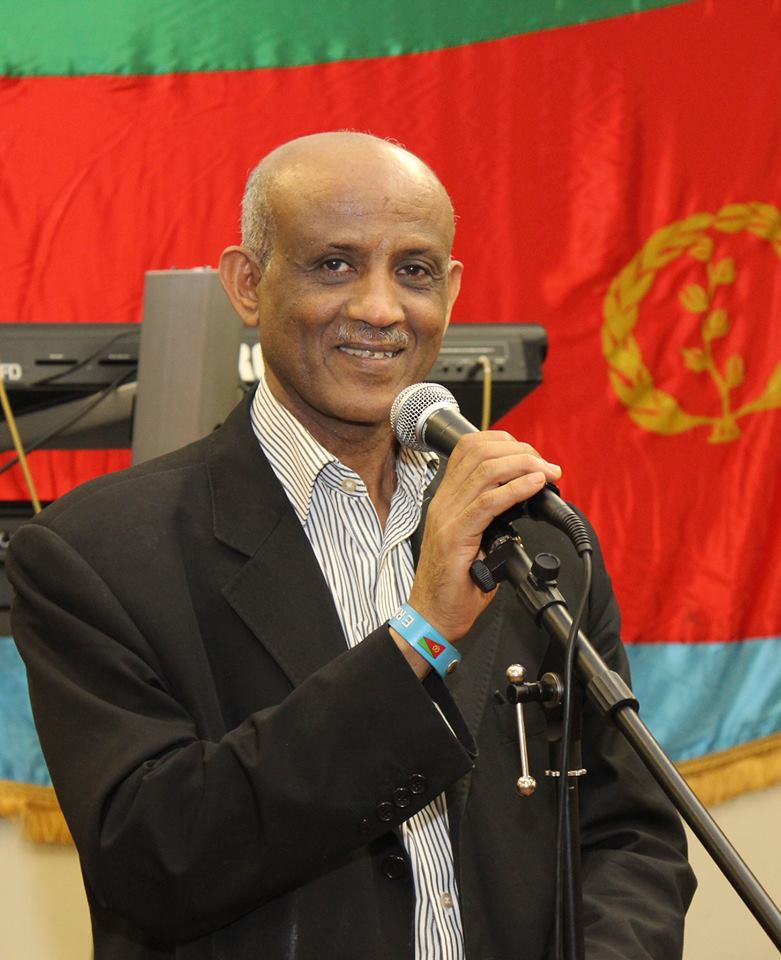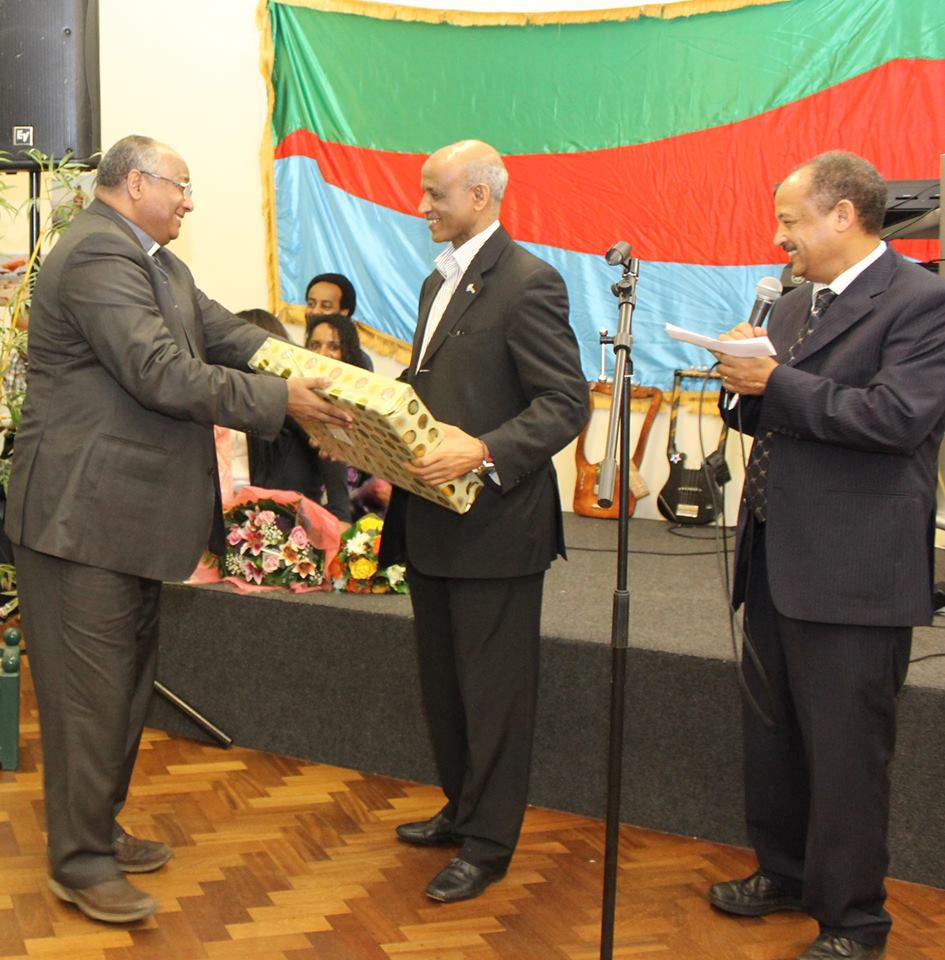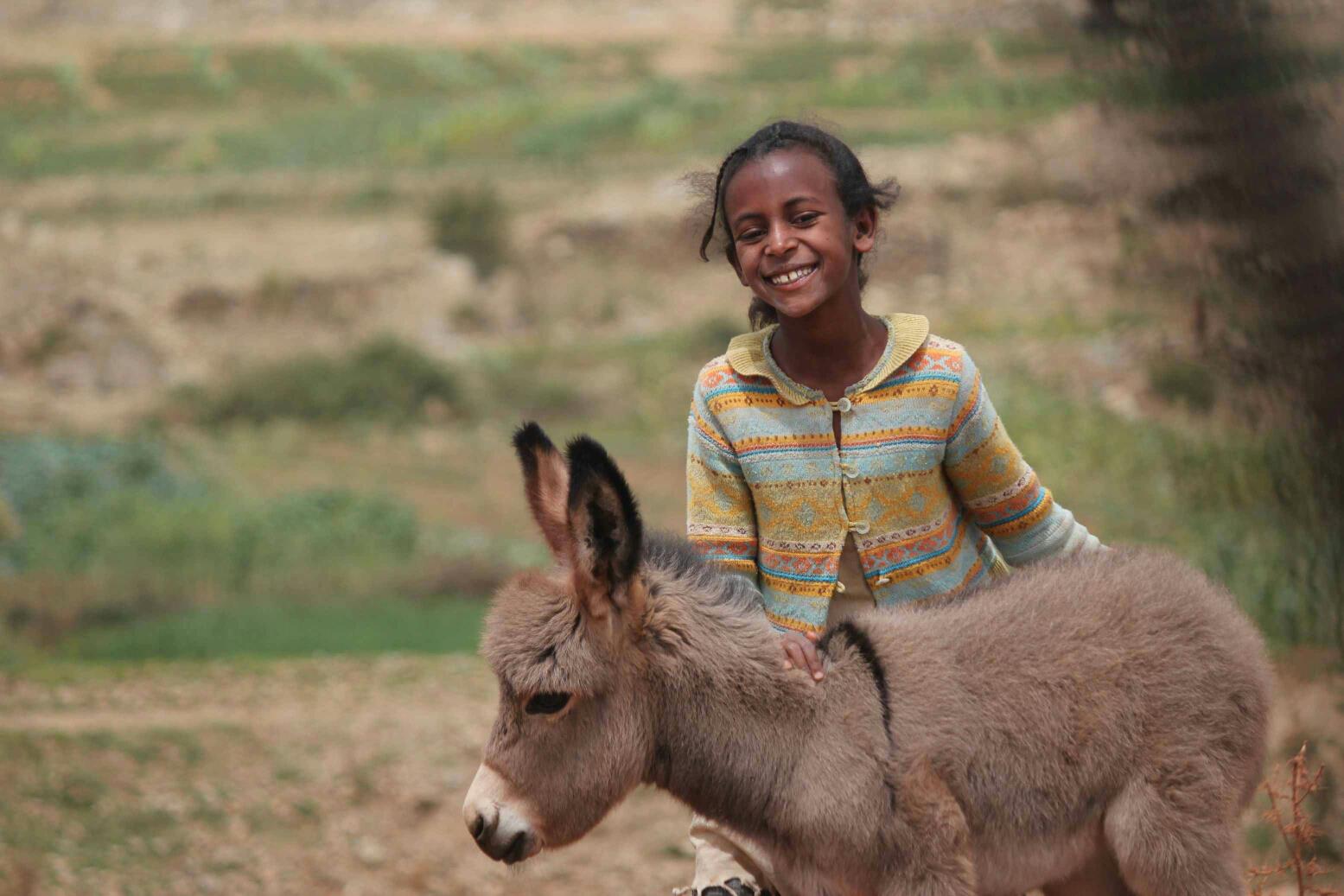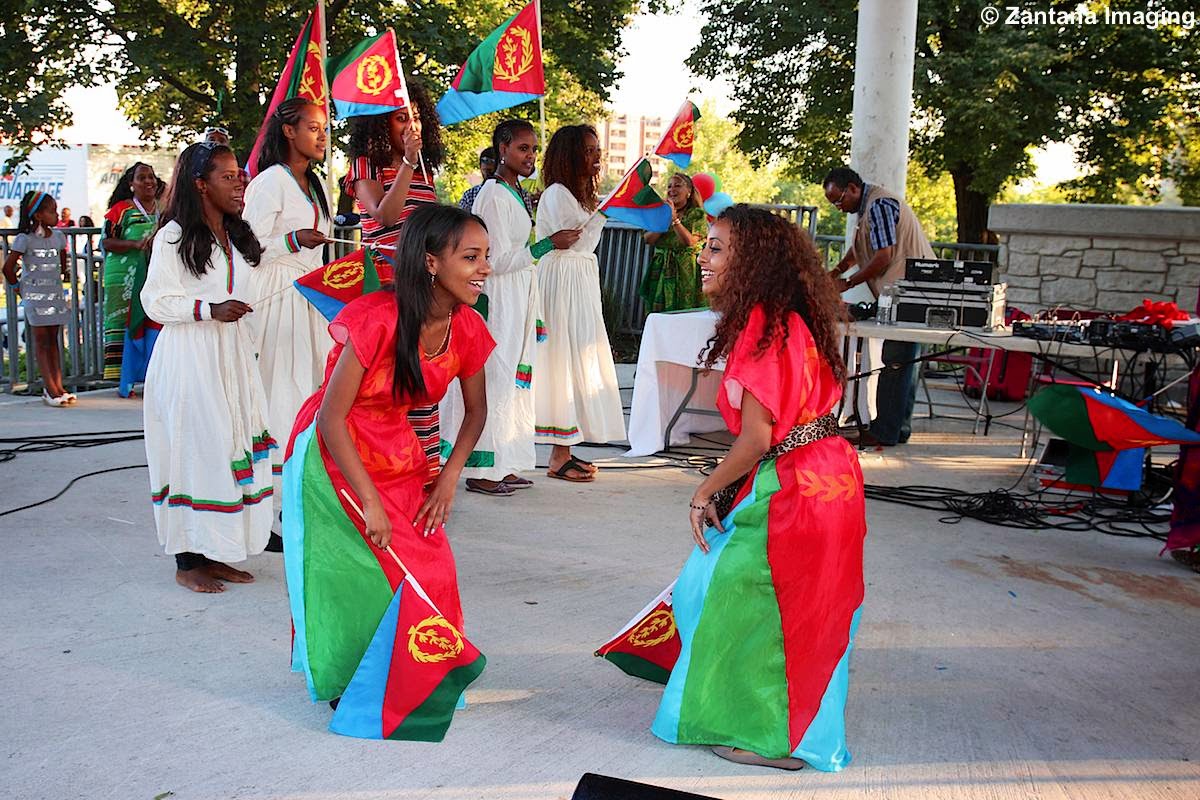![]() |
| Michela Wrong |
Michela Wrong, You did not do it for meBy Amanuel Biedemariam,
Throughout the history of the continent of Africa, westerners have destabilized Africa cunningly,mercilessly in the most brutal ways human can inflict upon another. The holocaust will not be close to describing the atrocities. Unfortunately, it is working for them to the detriment of the people in the continent and without accountability. As a result, Africa is a playground for them to pillage and plunder at will, creating untold-chronic suffering and systemic degradation of social fabrics that will plague generations of Africans.
At this stage, one can comfortably conclude that Africa is under the control of the West primarily the US, France, Great Britain and their NATO partners. Africa’s resources are controlled by few while the continent is in constant state of conflict instigated, manipulated, directed and funded by the west. Once destabilized, it appears nothing a nation can do can resolve the instability because they keep adding fuel to keep the fire burning constantly. That is the state of Africa today from Somalia, to Nigeria, Sierra Leone, from North, South, East and West Africa.
Unbeknownst to the average Westerner, there are formulas these powers used for decades effectively. It is cunning, deceptive, foolproof-from-scrutiny, innocent in appearance but deadlier than army battalion. Overtime however, the methodology is becoming apparent making it relatively easier to challenge or defend.
The way they deal with target countries: a young westerner is assigned to a country, conducts research by working as journalist, humanitarian or nonprofit-organization gaining trust of the people on the target country. Once a level of trust is acquired the next step is to write a book, gain expert status on the country/subject, the people, religion, tribes, social-structures, the history and the political make up, and sell it in the west.
These individuals have access to major papers and news-networks such as the Guardian, the BBC, the Boston Globe and Wall Street Journal etc…After some notoriety, as issues regarding the countries that they have written about arise, they are called by mainstream media to represent the issue as experts.
Consequently, during congressional hearings and debates, US representative often quote articles from WSJ or the Guardian written by these so-called experts to make their cases. Hence, opinions, views, policy-directions, resolutions, and major international decisions are based upon the writing and expertise of these silent killers.
Once that level of recognition is accorded to their work, by default, the country/subject in question becomes a cause célèbre to be exploited freely. They are paid by various organizations as contributors, hired for speaking engagements, and called upon to testify on matters pertaining to the subject. Afterwards, what they say and write carries weight above anyone. The views of the people affected matters none.
By the time policies and actions that these experts lobbied for is ready for implementation; Hollywood, musical and big-name-business personalities are summoned to sell the cause to the unsuspecting public. The fix is in. George Clooney is the best example vis-à-vis the Sudan and South Sudan issues.
This is effective way to muzzle the voice of the people. Any country can boast the existence of freedom of press and expression. However, without access that amounts to nothing. To make matters worse, the people affected are misrepresented by the so called experts that hijacked their voices. In effect they made themselves the spokespersons of the country. This of course is by design. It is a marriage of convenience used by government officials, the State Department and congressional representatives as cover to pursue western agendas in countries of interest in this case Eritrea.
Eritrea is a target and naturally, these experts have been hard at work to employ these tactics for a while. These include Dan Connell author, lecturer, reporter and self-proclaimed Eritrean expert. Martin Plaut a South African apartheid-era army conscript, BBC and Chatham House contributor and apologist of the late genocidal dictator Meles Zenawi. Michela Wrong is author, reporter for BBC, Reuters and Financial times. Note none of the above has been to Eritrea for over a decade.
A recent London SOAS Conference Chaired by Martin Plaut that featured Dan Connell, Michela Wrong (absent) about Eritrea provided partial evidence on how the methodology is applied. It was the most awkward setting that exemplified desperation to see a retired old-Caucasian-man and a middle aged former apartheid era conscript trying to lecture Eritrea to Eritreans that are sons and daughters of former Eritrean liberation fighters and products of the revolution; these are young men and women that came to challenge them and did, nicely.
These are amongst the most visible self-proclaimed experts trying to replace the voice of the people of Eritrea in the name of justice or whatever cause they claim to be aligned with.
The agenda of destabilizing Eritrea is controlled by a handful with above mentioned individuals taking the lead. They cross reference their work to make it look like they have the numbers.Their writing and campaigns has been in coordination with a handful that has been travelling to Ethiopia, coordinating with Ethiopian authorities in pursuit of Ethiopian agendas. They deal with personalities like Dr. Bereket Habtesllassie who is on record wishing to see Eritrea re-colonized by Ethiopia. They reference a great deal of their materials with the likes of Paulos Tesfaghiorghis who essentially lives in Addis Ababa Ethiopia, Meron Stifanos and Elsa Chyrum personalities that are closely associated with human trafficking of Eritreans and also make their second home in Ethiopia. And Selam Kidane whom martin Plaut of the BBC have done story about when she migrated to UK as a teenager with her sister. Selam is a product of the former dictator of Ethiopia Mengistu Hailmariam. She is one of the criminals that vandalized the embassy of Eritrea in the UK with a handful of thugs. These are individuals that Connell et al work with and quote as Eritreans extensively. In reality however, Selam cannot even prove that she is Eritrean.
In a flash, these are the personalities running the anti-Eritrean campaign. This piece however, will focus on Michela Wrong in response to a recent article she wrote, “Is Africa's hermit kingdom heading toward a military coup?” Because her piece provides a barometer of where they are and displays their desperate mindset. It is also inadvertent release of their agenda-progress-report and future approaches. It is worth noting that there is nothing new or significant.
Nothing of what she wrote is worth repeating because it is a propaganda exercise designed todemonize and justify revolt. It is shameful exercise and abuse of the profession of journalism when a reporter for BBC, Reuters and Financial times resorts to sheer propaganda. Nothing in the piece could be considered reporting. It is part of a campaign, the anti-Eritrean-elements she cajoles with are engaged in.
Regardless, it is necessary to occasionally keep things honest in order to inform and present perspectives to the unsuspecting that could fall-prey to her fraudulent writing. To expose the self-anointed “crass” bigot that she failed, after years of attempts, to paint the picture of Eritrea that she made-up. To remind people that she failed to understand the essence of the people of Eritrea; to expose the fact that she failed-to-process all the data she collected about Eritrea correctly, with any sense, humanity or humility. To alert Eritreans that the “crass” is blood thirsty vermin ready to see the blood of innocent Eritrean flow. To make clear unambiguously to the world the fascist Michela Wrong is the true expression of how the anti-Eritrea agenda works.
Her message is clear. It is now-or-never. She writes, “Isaias's obduracy also sends an inadvertent message, if change in Eritrea cannot be achieved either peacefully or gradually, it must come about through violence.”
This is a display of desperation and lack of objectivity. How is it possible for a reporter to get away with such incendiary message under the umbrella of major news organization? Michela Wrong has not been to Eritrea for over eight years. Yet she declared, “There have been nearly 13 years of lockdown in Eritrea” and claimed Eritrea is, "Africa's North Korea for its militarism and defiant isolationism has virtually disappeared from global headlines.” Really?
“Eritrea has virtually disappeared from global headlines?” I guess Wrong must have concluded her report is not worthy of global attention. Why belabor this much-attention for a country that fell-off the map of the earth? Or maybe, she forgot to put her reporter’s hat and true colors showed up. Or maybe she is not capable to see reality blinded by her fraudulent-writing.
Eritrea is far from isolated, in lockdown-caged and, turned to Africa’s North Korea. That picture is far from true. Eritrea is warm, inviting and full of welcoming graceful people that will give their hand and let you sleep on their own bed to comfort you. Ask the Sudanese that come to Eritrea in droves for their honeymoon enjoying the weather, landscapes and hospitality. Ask the hundreds of thousands that flock to Eritrea to visit all year round to celebrate independence, for the festival, Sawa Festival and the holidays.
Obviously, the fact that Wrong cannot enter Eritrea has eschewed any objectivity she may have had into deluding herself to believe that Eritrea is isolated from the world-seen when the opposite is true. What is Michela Wrong’s wrong assessment based on? Did Wrong miss what Ambassadors Herman Cohen, Shinn and Lyman wrote about? What does Wrong think about all the articles written by major newspapers that predict Eritrea is amongst the fastest growing economies of the world. What is that based on?
Obviously there must have been something Eritrea, a country the “crass” called, “Hermit Kingdom” doing to grow at the pace described while under all the pressures applied by the West.
Eritrea will flourish in ways no other African country ever did simply because of the foundation that people of Eritrea laid is unshakeable. The people of Eritrea are enlightened, smart, cognizant, and astute-with their understanding about how the world operates and are able to roll with-the-punches, committed and willing to sacrifice to position Eritrea in line with the best.
Eritrea will flourish because the people of Eritrea know and understand how-rich Eritrea is with untapped resources that they want to ensure generations of Eritreans can exploit while wording-off the fascists and neo-colonialists, (descendants of the mothers and fathers of the likes of Michela Wrong-Fascists) from placing their deadly hands on it.
Eritrea will flourish because the foundations is based upon realistic approach to life that is determined to secure the nation and way of life, by maintaining healthy and educated public that could sustain itself no matter what.
Diplomacy: Eritreans know Eritrea is amongst the most strategically positioned nations in the world. Eritrea’s location is amongst the most important geostrategic positions of the world. Eritreans know and understand by the virtue of her location Eritrea plays pivotal roles in the global geopolitical juxtaposition thus a target of one party or the other at any given time. With a clear understanding of their place in the world, Eritreans also-know to be judicious in their approach with the world because that is a way to ensure a secured future for generation of Eritreans.
Hence, with all the attention Eritrea attracts, suitors are sifted to ensure that they have the right intentions for the people of Eritrea. That is diplomacy from the point of strength. Ask Russia, Sudan, South Africa, Qatar, Yemen, Egypt, Israel and China etc… Or checkout Eritrea’s diplomatic missions around the world to discover solid relations based on mutual respect and focusing on development. Nothing less is acceptable or entertained. No compromises because the leaders of Eritrea and the people have obligations to the blood spilled to ensure the independence of Eritrea.
Michela the Wrong
It is one thing not to know and make erroneous statement. It is however, criminal to deliberately mislead, misinform, misrepresent and lie about events and realities of people and countries. Sadly and unfortunately, it is not worth the time for countries like Eritrea to legally go after every Wrong, Michela Wrong that is and hold them to account legally. Hence, it is up-to concerned individuals, to at least, try to correct the record and to maintain balance.
Michela Wrong’s representation of Eritrean people, His Excellency President Isaias Afewerki, the government, the leaders, communities and customs is wrong, misleading and pure fabrication. Furthermore, her writing is fraught with inconsistencies. Michela Wrong writes,
“Today, there is a growing sense that a crisis point is approaching. Eritrea’s definitely going to blow, predicts Selam Kidane, an Eritrean democracy activist based in London. Isaias can't carry on like this for much longer."
Previously Wrong wrote,
“If the curse of so many African states has been low expectations, passed from one generation to another like a genetic disease, a generation of Eritreans stands immune. The EPLF
spent decades teaching its followers that every man and woman, Moslem and Christian, peasant and urban dweller, was equally valuable. It set up popularly-elected assemblies in the villages, it
championed women’s organizations,
it relentlessly trumpeted the merits of grassroots democracy. That work cannot now be undone. Aspirations were created.”
Wrong continues,
“The Notion of accountability has seeped into a people’s psychology, as impossible to uproot as the dream of shady groves had this idea of equality at the front, and now
it is fixed forever in our minds.” Emphasis added.
How did the flippant Michela Wrong jump from “EPLF relentlessly trumpeted the merits ofgrassroots democracy,” to Eritrea’s future determined by an activist in London? There is a sayingin Tigrigna, “Name leads like the candle that gives light.” Wrong is truly WRONG!
Conclusion
Michela Wrong wrote:
“Why are Eritreans so bad at saying ‘thank you’? I once asked an ex-Fighter friend. I was feeling slightly irritated at receiving the classic Eritrean reaction to a gift chosen with some care: an expressionless grunt, followed by the quick concealment of the unopened present, never to be mentioned again.”
Eritreans are amongst the most grateful people on earth. For Eritreans gratitude is entrenched on their daily language. Eritrean kids love to do good so they can be blessed and thanked by their parents, elders, friends and comrades. Giving, gratitude, and receiving thanks are a way of life.
That means Eritreans were able to see clearly how flippant the “crass” is and showed trepidation to accept her offering. It means that Wrong missed the mark then as in now in trying to paint a picture of Eritrea that isn’t.
Eritrea will not be defined by anyone other than Eritreans. You call it Hermit Kingdom, North Korea, in-lock-down, alienated and out of the headlines it would not matter. You can manufacture and try to brandish it with any label but just because you said it or wrote it will not be so.
It is ironic to see a westerner with heritage of Fascism trying to undermine the legacy of Eritrean women heroes by some democracy activist in London. It is shameful to see westerns trying to destroy the legacy and history of Africans.
Eritrea is a master of her destiny. It has been and will be for the future. No power on earth can dislodge Eritrea from her direction.
Awetnayu@hotmail.com


















+with++Sergei+Lavrov+(Russia).jpg)




















